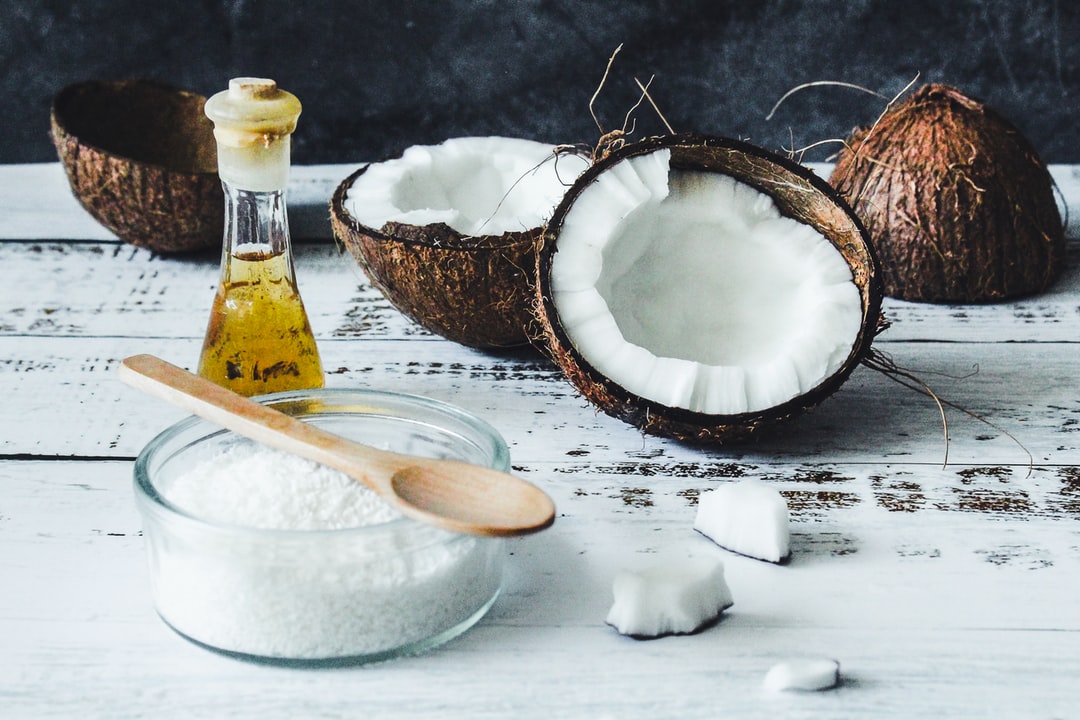On TV and in magazines, new health methods are born and disappear every day.
The contents range from the obviously dubious to those that have the stamp of approval of active doctors.
If you see a doctor recommending it, you may be tempted to try it.
However, no matter how expert the opinion may be, it should not be casually believed.
The only way to move in the right direction is to steadily check each data based on reliable research results from a scientific perspective.
Therefore, we will focus on health practices that are often recommended by professional doctors on TV and in magazines, and which are “actually baseless” or “dangerous” to the body.
So far, we have covered the following health topics
- Health tips you shouldn't believe in: sugar restriction
- Health Practices You Shouldn't Believe: Vegetarianism and Macrobiotics
- Health Tips You Shouldn't Believe: Back Pain Treatment
In this article, I will introduce the results of a study on coconut oil.
Coconut oil is overrated.
One of the most talked about health benefits in the past few years has been coconut oil.
The oil is extracted from the seeds of coconuts, and it has special effects that other oils do not have.
For example, a book written by a doctor lists benefits such as weight loss, anti-aging of skin and hair, prevention of Alzheimer's disease, and improvement of diabetes.
When you drink a few spoonfuls of coconut oil a day, your body produces a substance called ketones, which not only makes you feel full easily, but also improves your brain function.
It is no longer treated like a magic elixir, but does coconut oil really have that much power?
Can I lose weight by drinking coconut oil?
First, let's look at the weight loss benefits of coconut oil.
The Australian government published a definitive paper on this issue in 2015.
Mumme K, et al. (2015)Effects of medium-chain triglycerides on weight loss and body composition
This is based on a careful review of 749 data on MCT oil, and is one of the most scientifically reliable.
MCT oil is an abbreviation for medium-chain fatty acids, and is the main ingredient in coconut oil.
Because it does not easily turn into body fat, people began to wonder if coconut oil could also have a weight loss effect. This is why people began to ask if coconut oil could have a weight loss effect.
First, let me quote the conclusion of the paper.Summarizing the data from previous experiments, it was found that changing the oil used in your regular diet from long-chain fatty acids to MCT oil was effective in reducing body weight, body fat, and waist size.
In other words, if you are using soybean oil or olive oil for your regular cooking, switching your cooking oil to coconut oil will help you lose weight.
In this sense, it is safe to say that coconut oil can help you lose weight.
However, it is important to note that coconut oil does not burn body fat.
It is only “less likely to turn into body fat than other oils,” and you will not get the benefits of losing weight just by drinking coconut oil, as health books on the street say.
In fact, a highly reliable experiment conducted by Columbia University in the U.S. in 2008 concluded that no matter how much coconut oil you drink, in the end you will not lose weight unless you lower your calorie intake.
Marie-Pierre St-Onge, et al. (2008)Medium Chain Triglyceride Oil Consumption as part of a Weight Loss Diet Does Not Lead to an Adverse Metabolic
Drinking coconut oil to lose weight will only add extra calories to your diet.
On the other hand, it may even be bad for your health.
There are zero decent tests for coconut oil.
Next, let's look at the claim that coconut oil can help with dementia.
According to one doctor, drinking 30 grams of coconut oil a day produces a substance called “ketone bodies” in the body, which provides energy for the brain and helps prevent Alzheimer's disease.
However, the trouble is that at this time, there have been no human studies on the relationship between coconut oil and dementia.
In fact, a long-term trial was supposed to be conducted in the US in 2017, but it was cancelled due to lack of participants for the experiment.
Nonetheless, there is a reason why coconut oil has become so popular.
In 2012, Dr. Mary Newport, who lives in the U.S., published a report on how her husband's dementia improved dramatically after trying coconut oil.
Coconut Oil for Alzheimer's? – Dr. Mary Newport
This report quickly spread among health enthusiasts around the world, and word of mouth, such as “It worked for my own mother,” increased dramatically.
Eventually, the rumor spread around the world and was featured on TV.
In short, it's all just one doctor's personal experience.
Despite this level of evidence, there is a big problem with advertising the benefits of coconut oil.
Also, coconut oil is no different from lard or butter in that it is a mass of oil, no matter how difficult it is to turn into body fat.
If you believe the rumors and continue to drink 30 grams a day, you may have a calorie overload and an increased risk of heart disease.
It is best not to drink it as is, but to use it only for cooking.



